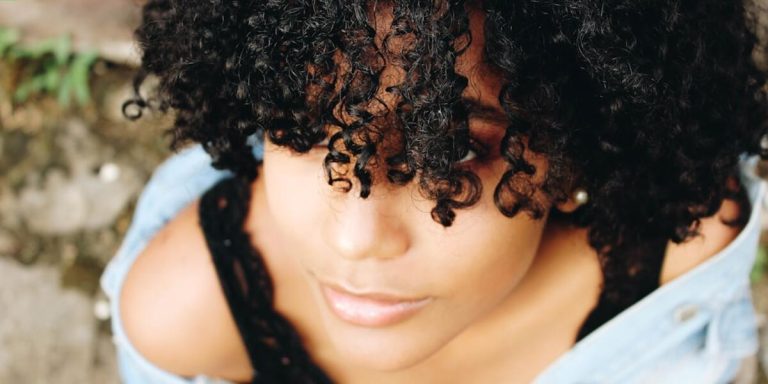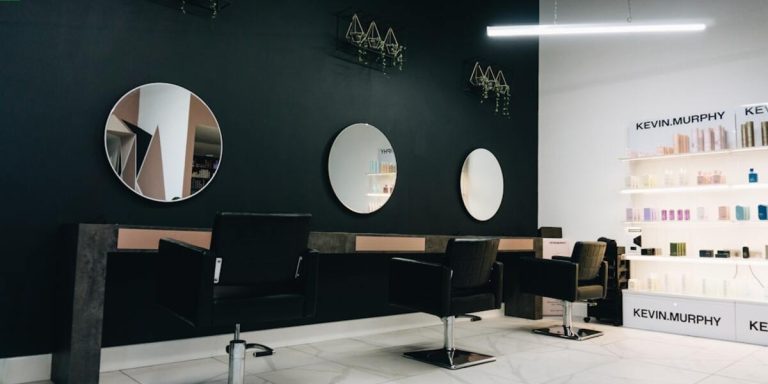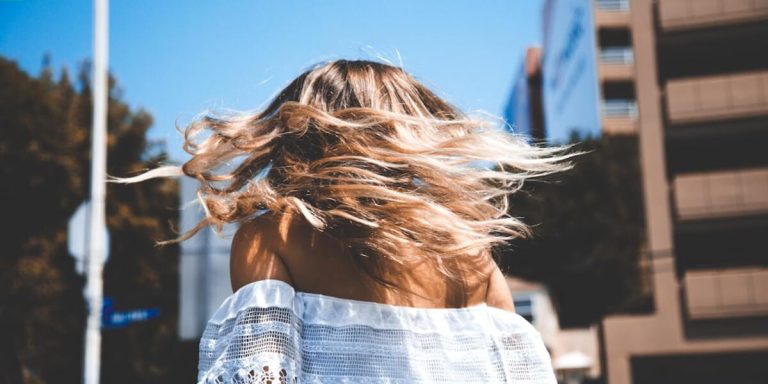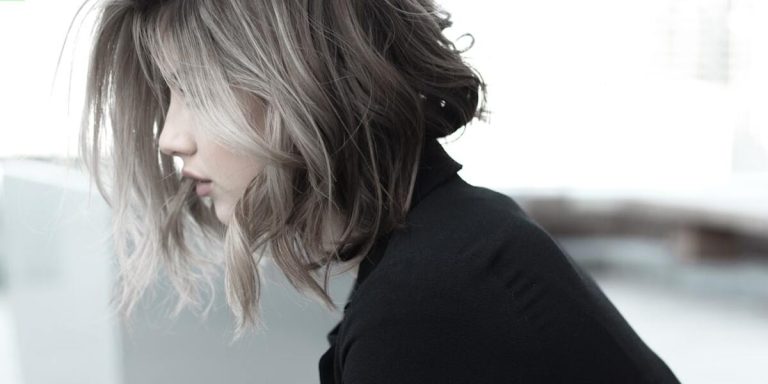Hair Loss After Botox Treatment: Exploring the Connection and Solutions
If you’ve recently undergone a Botox treatment and are noticing an unexpected side effect – hair loss, don’t panic. This blog post will delve deep into the topic of “hair loss after botox treatment”. A problem that is not widely discussed but something many people experience in silence.
What initiates this particular type of hair fall? Is there a direct connection or is it just coincidence? These questions often linger within individuals who experience sudden thinning or balding patches on their scalp after getting treated with Botox injectables.
Understanding these linkages can be instrumental in finding effective solutions, as well as preventing further deterioration of your crowning glory.
Did you know?
Interestingly, a study published in the Journal of Dermatological Science discovered that botulinum toxin (Botox) could inhibit human hair growth by suppressing cell proliferation and inducing cell apoptosis.
Understanding Hair Loss Post-Botox Treatment
Hair loss after Botox treatment can be alarming. However, it’s crucial to know that such a scenario is not very common and usually temporary. With the boom in aesthetic dermatology procedures over recent years, many people are opting for botox treatments due to their proven effectiveness against wrinkles and fine lines.
However, stories of hair loss post-treatment have raised concerns among potential patients about its safety profile regarding their crowning glory – their hair. Even so, you should remember that every case is unique with individual variables impacting how one might respond to the procedure.
Botox blocks signals from nerves to muscles, preventing muscle contractions and smoothing out lines from repetitive facial expressions. It’s not entirely clear why Botox injections sometimes lead to hair thinning or shedding, but potential reasons include:
- Circulation disturbances that cause temporary reductions in nutrient supply to the scalp.
- The stress of cosmetic procedures triggering temporary hair fall, known as telogen effluvium.
In conclusion, while there have been anecdotal incidents of post-botox hair loss it remains an uncommon side effect but if occurring would generally resolve spontaneously given time without needing specific intervention beyond reassuring patient advice on good general health habits including proper diet complemented where appropriate with qualified trichologist recommendations concerning any useful topical applications or supplements promoting optimal follicle function & growth conditions.
The Link Between Botox Injections and Hair Shedding
Botox, a popular cosmetic treatment often associated with facial rejuvenation, has recently come under scrutiny. A surge of consumers have reported hair loss after botox treatment. Understanding this link is crucial to make informed decisions regarding your beauty routine and overall health.
Botox injections work by relaxing underlying muscles in the skin that cause wrinkles. The substance is injected directly into neuromuscular tissue where it temporarily paralyzes muscle activity for several months at a time.
Emerging research suggests one potential side effect could be unexpected hair shedding post-treatment. When assessing these claims, scientists point toward two plausible explanations: circulatory disruption and stress response.
The injection can potentially disrupt local blood circulation around the needle entry points on the scalp region or if administered too close to key follicular areas supporting healthy growth cycles. As our locks rely heavily on robust blood supply rich in oxygen and nutrients; any hindrance may lead to weakened strands prone to fallout over time – hence linking Botox treatments with gradual thinning patterns evident weeks later amongst certain individuals.
Additionally, some professionals suggest an indirect causality through triggering bodily stress responses following invasive procedures such as injectables like Botox which might stimulate dormant hair thrashing phases prematurely leading up until you realize there’s excessive shedding happening down line while combing or washing those tresses regularly!
Identifying Symptoms: Is Your Hair Loss Related to Recent Botox?
Unraveling the mystery behind your hair loss can be a daunting task. Especially when you’ve recently undergone Botox treatment, and it feels like it could potentially be linked to your thinning tresses.
Not every case of hair loss post-Botox is related. However, understanding some common symptoms that may accompany this phenomenon is vital in helping determine if treatments are indeed causing an issue.
1. Sudden Increased Shedding: Has there been a rapid increase in loose strands on your brush or pillow? This type of immediate reaction might point towards possible side effects from recent botox operations.
2. Hair Thinning at Injection Sites: Pay close attention particularly around areas where you received injections – forehead or scalp regions; noticing increased sparseness here could indicate induced damage altering follicle growth cycles.
3. Scalp Stress & Discomfort: Unusual sensations such as itching sensation, tightness or tenderness specifically after getting botoxed should not go unnoticed – these signs often speak volumes about underlying issues possibly leading to subsequent fallout.
4. Changes In Hair Texture And Quality: A sudden difference in texture quality (like dryness) can imply systemic reactions due to toxins intervening with normal functioning of healthy locks rendering them lifeless over time.
Isolating causative factors for falling hairs isn’t always straightforward- multiple variables might play contributing roles simultaneously including age, lifestyle habits etc., but ruling out potential triggers dramatically simplifies handling situations more efficiently!
Effective Strategies for Managing Hair Loss After Botox
Experiencing hair loss after botox treatment can create an unexpected setback, but while it could be alarming, understanding the cause and how to manage it is crucial. Botox injections are primarily used for reducing wrinkles by relaxing facial muscles; however, they may inadvertently impact the scalp’s health leading to temporary hair shedding in some cases.
The first strategy towards managing this situation involves maintaining a well-balanced diet filled with essential nutrients known to support healthy hair growth. Consuming proteins such as lean meats or legumes along with vitamins A, C & E found in vegetables like spinach or fruits like oranges boosts follicle strength thereby aiding regrowth of lost strands.
Regularly apply oil concoctions to invigorate stressed scalps. Mixes of castor oil with rosemary essential oils are effective in encouraging new growth after Botox-induced hair loss. Using these strategies ensures individuals can combat hair thinning from Botox treatments with advanced homeopathic remedies, so they can maintain their youthful appearances without worrying about compromised hair health.
Embracing Nutritional Changes and Supplements for Scalp Health
Taking care of your scalp health is a crucial part of managing hair loss after botox treatment. How we nourish our body directly impacts the health and strength of our hair, hence incorporating specific dietary changes can significantly help in improving overall scalp condition.
Firstly, consider increasing your intake of proteins. Hair follicles are mostly made up of protein called keratin. Foods rich in high-quality protein like eggs, lean meats or lentils boost the growth factor for healthy locks.
Secondly, consuming food items abundant with vitamins A and C plays a vital role too. They contribute to sebum production which acts as a natural conditioner for the scalp keeping it moisturized thus preventing dryness that leads to breakage.
Omega-3 fatty acids found in fish such as salmon also support healthy hair growth by providing essential oils that protect and nurture the healthiness on your head’s top layer skin.
Meanwhile don’t neglect minerals such iron & zinc either; they foster new cell generation – a critical process when dealing with follicle restoration after procedures including botox treatments.
Explore adding quality supplements to your daily routine, in addition to making nutritional tweaks at meal times.
Exploring Topical Treatments to Encourage Regrowth
Hair loss after botox treatment can be quite a distressing experience for many. Fortunately, advancements in the field of hair regrowth have led to the creation of topical treatments that prove effective.
One such highly recommended strategy is Minoxidil 5% solution – easily available over-the-counter and known for its effectiveness in promoting hair growth. Applying this solution twice a day on your scalp could stimulate your dormant follicles resulting from post-botox trauma. However, patience is key as it may take up to several months before visible changes are evident.
Next stop: Spironolactone lotion or cream comes with anti-androgen properties which block DHT, one major cause leading to thinning of hair and baldness patterns especially among women undergoing hormone fluctuations after Botox procedures. This quick-penetrating formula should be applied daily for optimum results.
Also noteworthy is Redensyl – an innovative active ingredient incorporated into numerous shampoos, serums or leave-in conditioners across beauty stores globally today! Through targeted action at the stem cells responsible for triggering new hairs’ production cycles while reducing inflammation caused by damaging toxins present during Botox administration; significant improvements can indeed occur within just three months!
Peptide-based products too pack great potentialities when combatting similar issues having peptides foster healthy scalps through enhanced blood circulation thereby possibly accelerating recovery phases post-hair fall episodes faster than ever anticipated initially.
Professional Interventions for Botox-Related Alopecia
The realm of aesthetic medicine is no stranger to unexpected side effects, and one such phenomenon that has taken center stage recently is hair loss after botox treatments. Botox injections are wildly popular as quick solutions for wrinkle reduction but they have been reported to trigger alopecia in some individuals. Fortunately, the issue can be resolved effectively with professional interventions aimed at reversing or managing this unwanted aftermath.
Foremost among these interventions are topical applications designed specifically for post-botox hair loss scenarios. Products rich in minoxidil sit at the crux of this category thanks to their potent ability to stimulate follicular activity, thereby encouraging healthy regrowth over time. They work by dilating blood vessels around hair follicles which results in an increased nutrient supply favoring rapid re-growth.
In tandem with topical therapy, physicians often recommend dietary modifications enriched with vitamins and minerals beneficial for maintaining healthy locks – think biotin-rich foods like eggs and avocados or iron-packed options like spinach and lentils. In severe cases where substantial thinning has occurred- trichologists might suggest low-level laser therapies (LLLT) known globally today due to its effectiveness without any significant side-effects.
When to Consult a Trichologist: Expert Advice on Recovery
Recognizing the need for professional intervention is crucial in handling Botox-related hair loss. The moment you notice extensive hair shedding or bald patches post your treatment, it’s time to consult a trichologist – an expert specializing in scalp and hair disorders.
A trichologist can accurately diagnose your alopecia, assess its severity, and recommend the best corrective measures for recovery. Here are scenarios when you should seek their advice:
Medical Therapies Available: PRP, Minoxidil, and More
The advent of emerging hair loss treatments has allowed medical professionals to combat issues like post-Botox alopecia effectively. These therapeutic interventions are gaining popularity, leading the way for rejuvenating hair growth and restoring self-esteem.
Platelet-Rich Plasma, or PRP therapy, is a promising procedure with three stages:
- Extracting blood from the patient.
- Processing it in a centrifuge to segregate platelets.
- Injecting this concentrate into scalp areas affected by thinning or baldness after Botox treatment.
The enriched plasma stimulates dormant follicles with its high protein content, promoting new cell generation that can contribute significantly to improved hair growth. Many hail PRP as an innovative solution for their Botox-related alopecia woes!
Apart from PRP therapy, Minoxidil – a topical medication approved by FDA- offers encouraging results too when dealing with hair loss due to botox procedures. This over-the-counter drug works primarily by prolonging your hairs’ active growing phase where it not only attenuates shedding but also aids in sprouting thicker strands overtime—an essential trait while dealing with Post-Botox Alopecia.
Another effective intervention includes Finasteride – popularly known as Proscar (for treating enlarged prostate glands) or Propecia (when addressing male pattern baldness.) Notably used alongside minoxidil sometimes; these drugs may be beneficial if you’ve experienced significant fallout following your Botox sessions.
Conclusion
In conclusion, hair loss after botox treatment need not be a cause for alarm. Armed with knowledge and the right approach, you can mitigate its impact on your self-confidence and overall appearance. Remember, it’s about understanding the connection between these two phenomena and applying practical solutions to manage or even prevent this adverse effect.
Don’t let temporary setbacks like post-botox hair fall affect your pursuit of beauty enhancements. There’s always a way around potential bumps in life’s journey! We invite you to explore our website further where we delve into many more insightful discussions on various “Hair Loss Treatments”.
Educate yourself because when it comes to body changes – knowledge is indeed power.







